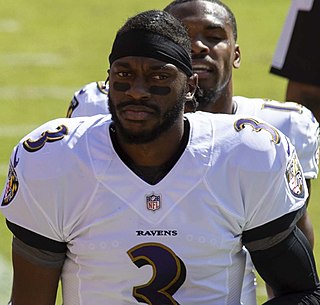A Quote by Roger Ebert
I know as a critic I'm required to have a well-armored heart. I must be a cynical wise guy to show my great sophistication. No pushover, me.
Related Quotes
We are all musicians in a great human orchestra, and it is now time to play the Save the World Symphony. You are not required to play a solo, but you are required to know what instrument you hold and play it as well as you can. You are required to find your place in the score. What we love we must protect. That’s what love means. From the right to know and the duty to inquire flows the obligation to act.
That prayer has great power which a person makes with all his might. It makes a sour heart sweet, a sad heart merry, a poor heart rich, a foolish heart wise, a timid heart brave, a sick heart well, a blind heart full of sight, a cold heart ardent. It draws down the great God into the little heart; it drives the hungry soul up into the fullness of God; it brings together two lovers, God and the soul, in a wondrous place where they speak much of love.
I love every aspect of the show. I've been very involved. It was important for me to be very involved in, you know, all of the creative elements. And so, you know, it - David, you know, being brought onto the show, you know, that - I always just wanted to make sure that we maintained the sophistication and intelligence of (the) - and the comedy that we were able to establish in the mini-series.
And that's the thing about our show: what are they going to do put on the poster? I don't know. It's always easier when you have someone like Cedric the Entertainer where you can go, "You know this guy. You love this guy. Watch his sketch show." And then people tune in and go, "I though I knew that guy. I don't love that guy in a sketch show."
Well, the fella I got on there is hitting pretty good and I know he can make that throw, and if he don't make it that other fella I got coming has shown me a lot, and if he can't I have my guy and I know what he can do. On the other hand, the guy's not around now. And, well, this guy may be able to do it against left-handers if my guy ain't strong enough. I know one of my guys is gonna do it.
All I am in private life is a literary critic and historian, that's my job...And I'm prepared to say on that basis if anyone thinks the Gospels are either legends or novels, then that person is simply showing his incompetence as a literary critic. I've read a great many novels and I know a fair amount about the legends that grew up among early people, and I know perfectly well the Gospels are not that kind of stuff.
It is necessary a writing critic should understand how to write. And though every writer is not bound to show himself in the capacity of critic, every writing critic is bound to show himself capable of being a writer; for if he be apparently impotent in this latter kind, he is to be denied all title or character in the other.
I think as women, you know, if you are considered a pioneer in these things, you can get really distracted by these other things - you know, people's demands of you reflecting on your otherness. And for this white critic to say, "I don't understand why she doesn't do that" - and you're like, "It's because I'm running a show on a major network and I want the show to continue" - and to sort of guilt me.
The way I try to explain it the best is that if Critic A from publication A hates our show, and Critic B from publication B loves our show, what are we supposed to do with that? We have to just respect everyone's opinions and go on making the show we want to make. I've never worked on a show that was altered by critical reception. You just can't afford to do that. So in that regard, it's actually no different that working in theater. It's just a lot more voices.




































